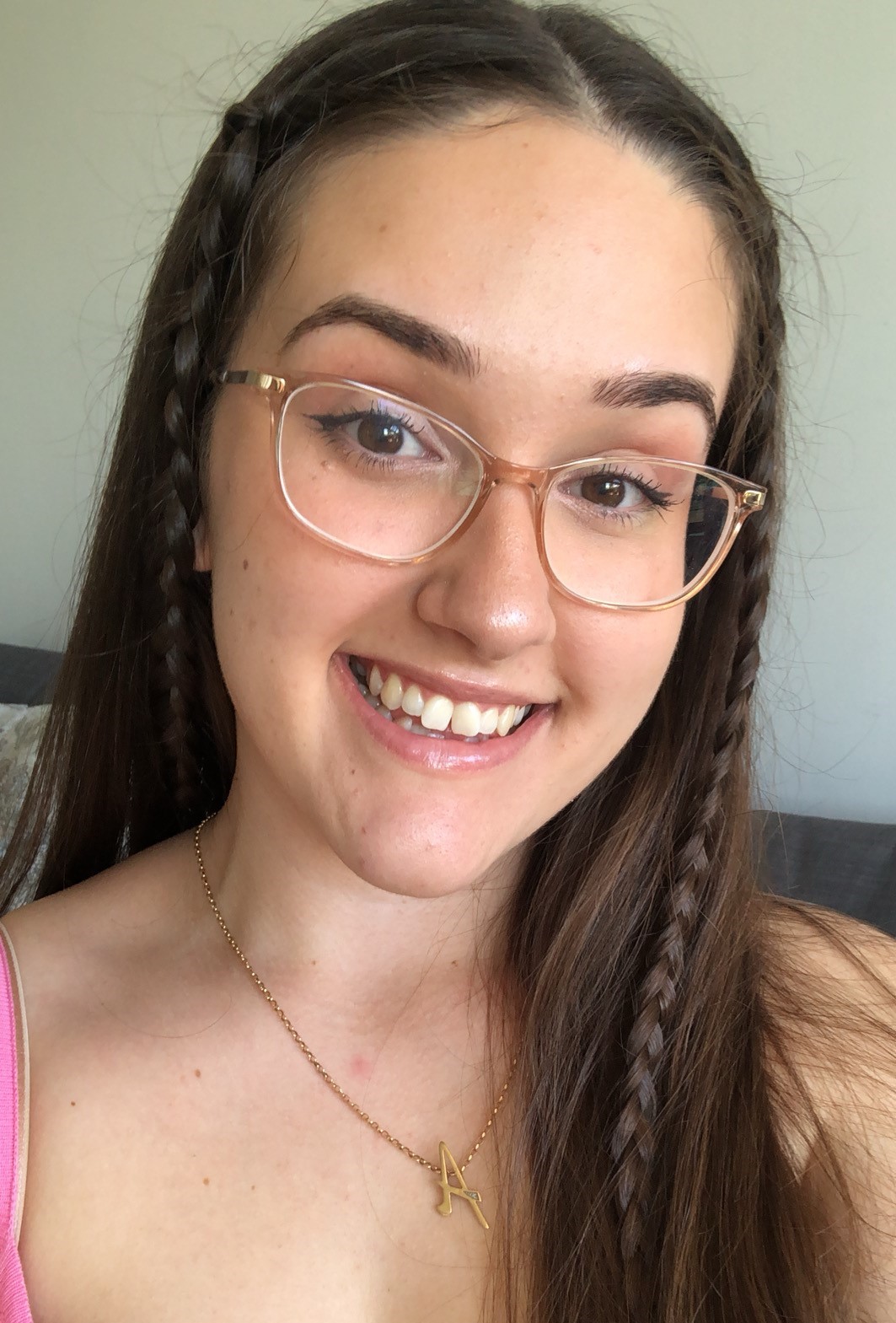Beginning a new year can be a polarizing time for many. Some feel energized and ready to tackle a new set of goals for themselves, while others feel paralyzed, already stressed by the idea of having to set another goal that will lead to disappointment in a few weeks’ time. Whatever camp you fall into, there is undeniably a sense of new beginnings at the start of a year. 365 brand new days sprawl out before you, and now you must decide what to do with them, whether you feel excited or daunted by the prospect.
I found the “fresh start” feeling motivating, but also unwieldy. Last year, I set massive goals for myself. All of the research I’d done on SMART goals was thrown to the wind as I told myself I’d have a finished first draft of a novel and 52 poems written by the end of the year. But that wasn’t all! Underneath those self-imposed writing deadlines, I also wrote down that I would work out, read and practice my Spanish on Duolingo every single day. December rolled around, and I was nowhere near the place I had imagined I’d be back in January. There were plenty of unread books on my bookshelf, and Duo the owl had stopped sending me mild threats months prior. New Year’s is a time for hope and optimism, but also for realism. For me, setting unrealistic goals only led to disappointment and fostered the mindset of “well, if I can’t do it all, why do it at all?”
I knew I needed to find a system that worked for me, so this year, I’m doing things differently. Rather than set goals at the beginning of the year, I’ve decided to set weekly resolutions. I like a daily routine, but I like changing things up every now and then (I’m not one to have the same thing for breakfast every day). My new weekly system had to be structured in a way that would allow me to keep things interesting and fun. Most of all, I did not want to give up on my goals by February. Weekly resolutions take some of the pressure off my previous habit of yearly goal setting, simply because setting a goal for seven days is far more achievable than setting a goal for 365. They’re more accurately described as weekly habits, as straightforward as getting up early to enjoy my morning routine rather than gulping down coffee before starting my day. In other words, the resolution is a commitment to picking one goal each week and sticking to it.
To start, I had to find my “why.” Why am I doing any of this? Why are these habits important to me? My answer remains the same regardless of what the habit is: They all push me one step closer to my best self. I am committing to the person I want to be, including what kind of routines she has, what she eats, how she exercises and how she rests. To guide my brainstorming, I sorted my weekly resolutions into three categories: health (both mental and physical), spirituality and creativity.
From there, I moved on to my “how.” I listed and categorized every habit that could make my life better and more aligned with who I wanted to be. I aimed for habits I could easily integrate into my daily routine — for example, growing accustomed to reading while I drink my early-morning cup of tea, instead of scrolling through social media. I also wrote down things like “meditating for 10 minutes a day,” “journaling before bed,” “writing a gratitude list” and “taking a mindful shower.” The key was to make the goals specific enough that I knew exactly what the habit entailed and to ensure they were relatively short to complete — 20 minutes maximum. Getting specific prepares me to achieve my goals all year long.
The habits I listed were mostly things I’d tried before, just not consistently. They are the day-to-day habits that make me feel like my best self. In saying that, I know no matter how ideal my “best self” is, she can’t do everything. Weekly resolutions are a commitment to doing just one good thing for myself, something that makes my body and brain feel happy and healthy. Some days, I might be able to meditate, journal, exercise, read, remember to do my skincare routine and squeeze in eight hours of sleep; other days, I can promise myself to do just one of those things. First and foremost, weekly resolutions are a promise and reminder to be kinder to myself.
So many habits and expectations can feel overwhelming, and staring at that long list of habits is where the “unwieldy” factor can potentially manifest. I knew if I had to pick a new habit every Sunday night, I’d feel overwhelmed by the choices or forget to pick a new one at all. If I forgot to stick to my habit one week — just like my dismal Duolingo streak last year — I knew I would lose momentum and give up. That’s why at the beginning of every month, I pick out four habits ahead of time. I try to pick habits from different categories to prevent boredom or burnout (e.g., I’ll pick meditating one week, and try running the next). Picking my habits on a monthly basis prevents decision fatigue. Psychiatrist Dr. Lisa MacLean said decision fatigue is “the idea that after making many decisions, your ability to make more and more decisions over the course of a day becomes worse.” In the context of goal setting, planning out your weekly resolutions ahead of time eliminates end-of-week burnout and lowers the chance of giving up on your goals.
So far, this system has worked excellently for me. This is the first year I’ve made it to February still excited about the goals I set the month before. I love to-do lists and even more so, the dopamine of ticking them off. At the end of each day, I can sleep knowing I’ve done at least one good thing for myself. This approach might seem chaotic to some, but I’ve found I look forward to each new weekly resolution, each being a chance to improve myself and see how far I can go.
So, if you haven’t set resolutions for yourself this year, there’s always next week.

















